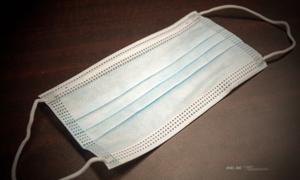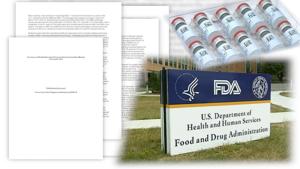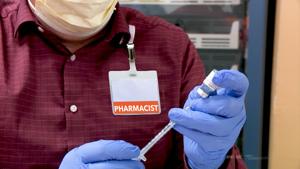
New evidence showing the delta variant is as contagious as chickenpox and may be more dangerous than other versions has prompted U.S. health officials to consider changing advice on how the nation fights the coronavirus, internal documents show.
Recommending masks for everyone and requiring vaccines for doctors and other health workers are among measures the Centers for Disease Control and Prevention is considering, according to internal documents obtained by the Washington Post.
The documents appear to be talking points for CDC staff to use in explaining the dangers of the delta variant and “breakthrough″ infections that can occur after vaccination. Noted under communications: “Acknowledge the war has changed.”
In recommending that vaccinated people resume wearing masks indoors in virus hot spots, the CDC this week said that new evidence shows that breakthrough infections may be as transmissible as those in unvaccinated people. They cited a large recent outbreak among vaccinated individuals in the Cape Cod town of Provincetown, Massachusetts, among others, for the change.
As the documents note, COVID-19 vaccines are still highly effective at preventing serious illness and death. The CDC has always expected some breakthrough infections but has struggled with how to explain them to the public.
The documents point out that the delta variant, first detected in India, causes infections that are more contagious than the common cold, flu, smallpox and Ebola virus, and is as infectious as highly contagious chickenpox.
The internal documents also cite studies from Canada, Singapore and Scotland showing that the delta variant may pose a greater risk for hospitalization, intensive care treatment and death than the alpha variant, first detected in the United Kingdom.
Since January, people who got infected after vaccination make up an increasing portion of hospitalizations and in-hospital deaths among COVID-19 patients, according to the documents. That trend coincides with the spread of the delta variant.
But the CDC emphasizes that breakthrough infections are still uncommon.
———
The Associated Press Health and Science Department receives support from the Howard Hughes Medical Institute’s Department of Science Education. The AP is solely responsible for all content.



